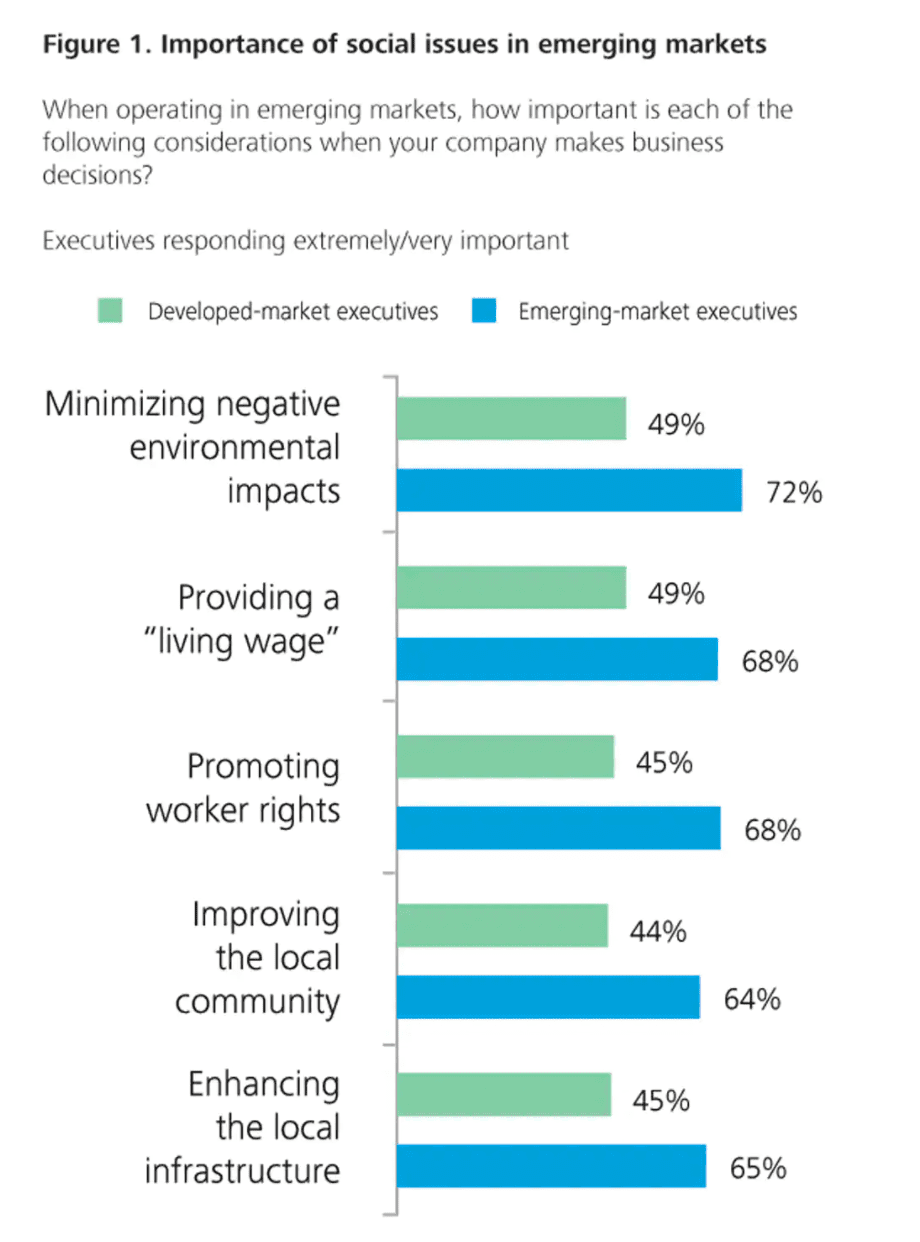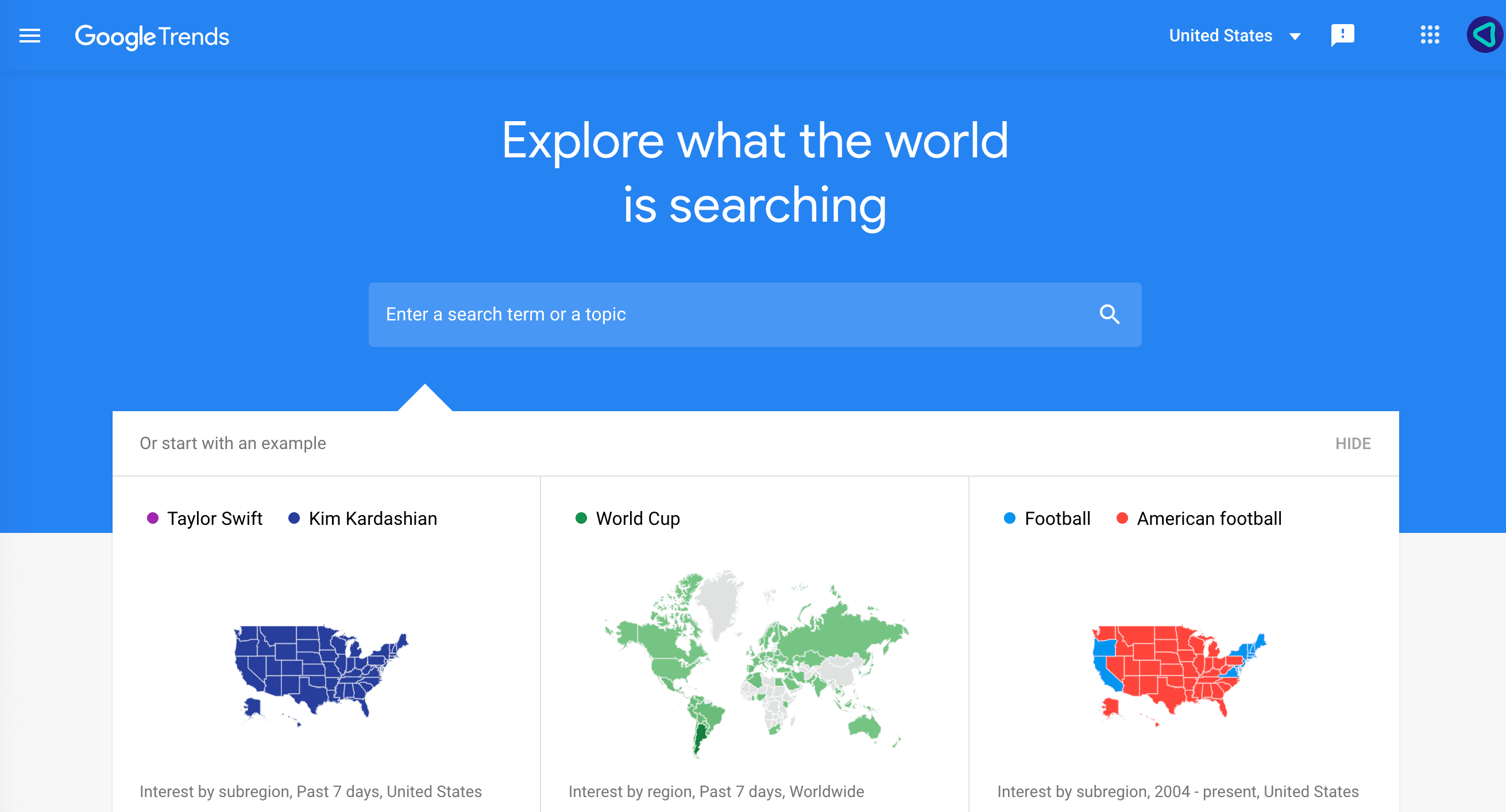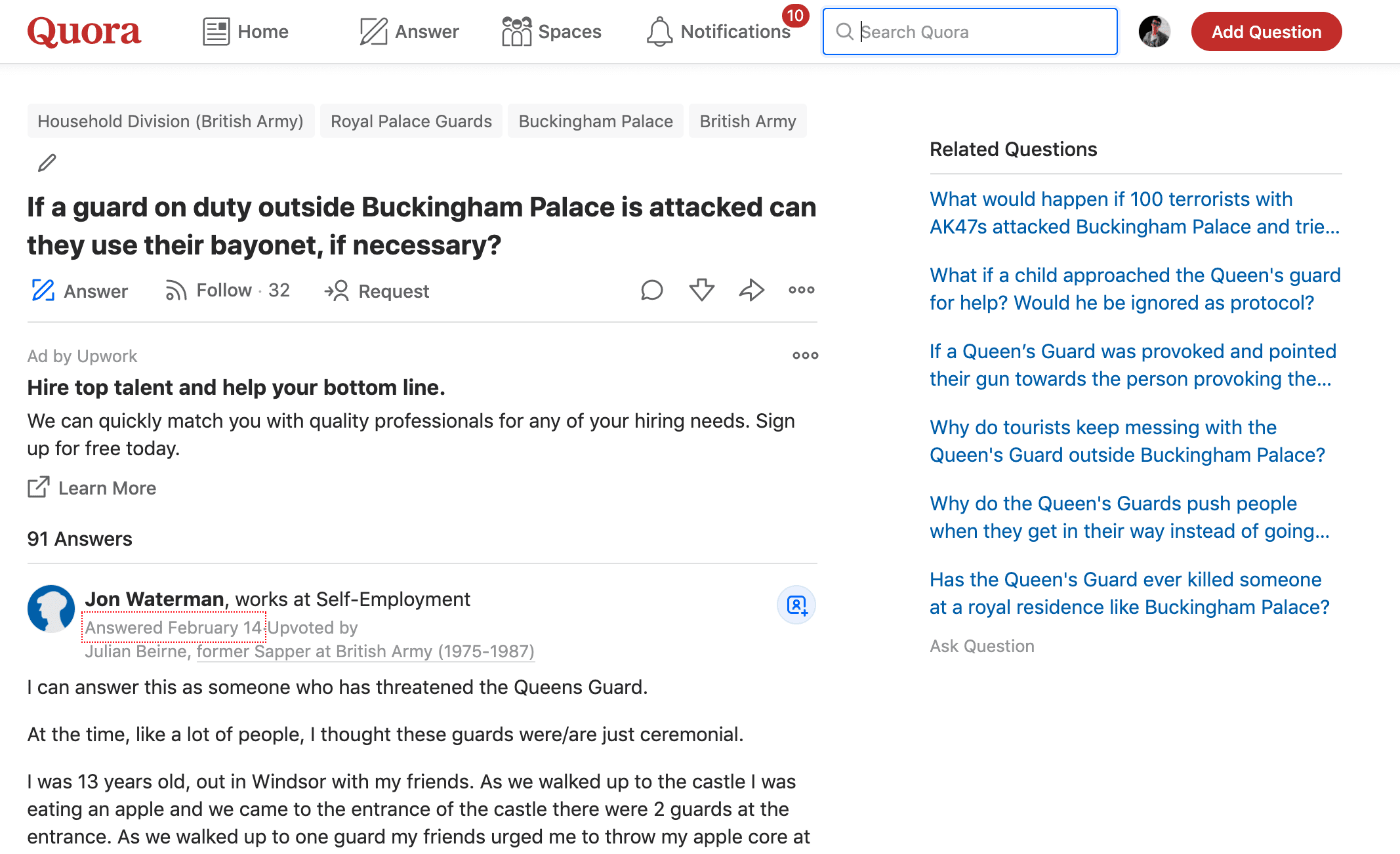Whilst some blogs that centre around a range of topics do exist, there is reason to suggest that the most successful blogs are those focused on one key area. Especially when you’re just starting out. It can make maintenance and monitoring of the blog more effective and allows you to get a deeper insight into what your readership are interested in, and create the most demanded and engaging content.
Who blogs and why do they do it?
Blogging in the ’90s was really just a glorified way of journaling online. ‘Weblog’ was a term created to reflect the action of ‘logging the web’ and was shortened to ‘blog’ in 1999. The opening of the Millenia gave way to professional bloggers and as the blogosphere evolved, different types of blogs followed.
It’s fair to say that there are no topic restrictions when it comes to blogging. From business, fashion and lifestyle, to food, gaming and entertainment; the web is packed with blogs from all areas of life.
Broadly, bloggers can be separated into two categories. Those who aim to achieve certain and measurable results through their blogging activities, and those whose goal is to get their thoughts out there and share information on what interests them – with no expectations of return.
Blogs have the power to drive people to take action in one way or another. Since 84% of online buyers make purchases based on what they read in blogs, more and more businesses are utilising blogs. And those who aren’t, ought to be. If 2 in 3 people read blogs at least once a week, it would be a wasted opportunity not to blog.
Businesses in this capacity can range from international corporations to small local enterprises, startups and SMEs. Each of which applies specific blogging tactics to support their goals. International corporations, for example, may use their blogs to make the information contained in press releases available to the broader public. Publishing industry research and analysis that offers insight into the latest developments in their industry, is a strong way to become a popular source of reliable information.
But it’s not just the giant Coca-Colas and the indestructible Microsofts of the world who can use blogs to drive business goals. In fact, start-ups, SMEs and charities most often utilise blogging for the following reasons:
- Increase traffic to their websites
- Build brand awareness
- Engage with the target audience
- Become market leaders
- Attract new clients
- Cost-effective marketing
In fact, businesses that blog, experience a 165% lead growth and when they blog 20 times a month, get 5 times more traffic than those who post less frequently. The statistics show a clear case for businesses to blog and highlights the missed opportunities of those who don’t.
You don’t have to own a business or have something to sell to be a blogger. For individuals who want to start blogging, motivation may come from a want to share knowledge and expertise, or simply just as a fun pastime.
Such individuals needn’t be experts or have any specialist skills. They don’t even have to be fantastic writers. All they need is an idea, and a platform to share it. Often some of the reasons why individuals blog is to:
- Learn more and improve skills
- Connect with likeminded people
- Build a writing portfolio
- Become a recognised name in an area of importance
Now we know why businesses of all sizes, charities, NGOs and individuals may choose to blog, it’s useful to know where they find topic inspiration from.
What to blog about if you’re a small business or startup
Once you’ve identified the goals of your blog and target demographic, you should have a clear idea on the type of content you’ll need to create. However, given that successful blogs generate and publish over 20 pieces of content a month, you’ll soon have difficulty thinking up new topics. Here are a few directions to take your next piece of content in.
1. Sustainability and your industry
Becoming increasingly popular in discourse all over the world is matters of sustainability. No industry has been left untouched by this global phenomenon, and chances are, your customers are likely to be interested in how your industry affects sustainable development. And for better or worse, how your small business fits into the debate.
From sustainable farming to interior design; there’s something to be said for the state of the planet and how each industry can contribute to protecting it or diminishing it. Do your research and be open and honest with your readers. It’s an interesting topic and becomes more interesting, the more factually accurate it is.
2. Technology and your industry
Whether it’s technological developments or new ways of implementing the use of technology within your industry, get the message out there. Similarly to the topic of sustainability, the use of technology has affected all industries and continues to disrupt markets around the world.
What does the future hold for your industry? Are you able to logically and convincingly make a case for or against the use of technology in your industry? Whatever your stance, it’s a topic worth considering. Not only does it give your readers more relevant information on the subject, but can also draw their attention to your business.
3. Latest news in your industry
This is your chance to become the most popular source of industry news on the web. If you’re committed to becoming a market leader, you’ll be posting high-quality content extremely frequently. By keeping up with all developments, including legislation, competition, trends, financial forecasts, emerging companies, and more; it will before long, when your occasional readers become dedicated consumers of the news on your blog
Posting regularly about industry news has the potential to drastically increase organic traffic to your blog, and as a result, to your website. When customers or clients, both existing and potential, want to find out about the latest updates; they will not think twice before searching for your blog.
4. Social impact in your industry
Every industry has a certain role to play in society. From financial services to construction, teaching and fashion. In fact, society is constantly being shaped by the evolving industries that form much of our economy. And who forms our society? Your customers and readers (at least part of it). Most people will take a few minutes to read an interesting blog post on the social impact of the industry in which they already have some interest.

Image Source: Deloitte
Think about the ways in which your industry, and in particular, company, plays a role in improving or degrading societal elements such as physical and mental health, education, and family life. Be informative, creative and factual. This will encourage return visitors.
5. Top trends in your industry
Similarly to staying on top of industry news, these posts will help to sustain your market leader position. Regularly follow publications and influencers in your industry to make sure you’re consistently updated. Influencers often set the trends – so be sure to know exactly who they are.
To create good content, you’ll need to use different tools and analytics systems to identify the direction trends are heading. Of course, this depends on your industry, audience, goals and company. But a number of tools are likely to help you generate convincing forecasts.
Tools like Google Trends can give users a better perspective on search interest in your industry. To be more specific, tools like Moz can help pinpoint precise keywords and queries. This should give you a better idea of the evolution of your industry.
Using a variety of tools together is a good way to track and understand consumer behaviour. Liaise with other businesses to see if any correlations among a specific audience can indicate a trend. Posts like these are also a good way to keep good company. In other words, take this chance to position yourself amongst leading companies as you speak of industry trends and analysis.
6. Breaking into the industry
A sure-fire way to boost your organic traffic is with this topic. Chances are, you’re not the only person operating in your industry. A wave of the next generation may well be seeking information on how to get started within it. Give them what they want by blogging about the ‘Top 8 Ways To Make it in the Real Estate Industry’.
Consider giving more information on behind the scenes in your particular industry. People are inherently interested in what they can’t see. Use your knowledge to give readers a sneak peek behind what keeps your industry ticking.
7. Launching new products or enhancing services
Your business blog is the perfect place to announce the launch of a new product or service. Perhaps you’ve carried out some interesting research and want to share the results. Think creatively about your delivery and blog about it.
Press releases, whilst initially written for the consumption of media commentators and journalists, can also be shared with your target audience on your blog. It’s an effective way to generate buzz around your announcement before it’s released to the general public.
What to blog about if you’re an individual
Of course, individual bloggers will face similar challenges when it comes to thinking up new topics to write about. Your blog’s up and running and you may feel like you’ve exhausted your list of exciting, relevant and engaging topics. But that’s simply not possible. There’s always more to say, even if you use the same topic and approach it from a different angle. Here are a few ideas.
Start off with doing some brainstorming and try to think of a list of topics that you would perhaps like to learn more about. Blogging isn’t a one-way street – it’s a superb opportunity for you to do some research and dip your toes into different things. You should depend on your own curiosity to carry your blog forward.
1. Current news and affairs
Find inspiration from what’s going on in the real and current world around you. Are there any headlines in the news that relate to the theme of your blog? This can take many different forms and requires you to stay on top of all business, social and environmental news worldwide.
A very real, relevant and detrimental health issue recently has been the Covid-19 pandemic. Its international news coverage means that people from all over the world are likely to be interested in reading your post. Regardless of your central message, Covid-19 has affected all areas of life and there is a very strong possibility that it has had an impact on whatever you usually blog about.
2. Latest trends
All good bloggers can appreciate the importance of keeping up with the latest trends. Whether that’s in fashion, food, technology, business or sustainable development, if you’re not covering it someone else will. We’ll take a look at some online tools to help identify and determine these trends below.
Tools like Google Trends are very helpful.

3. Personal experiences
We all walk different paths through life and no two experiences are the same. Hone in on the uniqueness of your own, and create a post that explores a time in your life that was inspirational, challenging, rewarding or simply just fun. We as humans, by virtue, compare ourselves and our experiences to others. A post like this, will at the very least, generate natural interest and keep readers engaged.
Depending on the nature of your post, feel free to anonymise it, change names or small details. It doesn’t have to be an accurate description or journal-like entry, but rather a chance to explore your own feelings and connect with others.
Posts like these tend to do particularly well when it comes to your comment section. Invite your readers to leave comments, and build a relationship with them. This will come in handy when it comes to your next post – since you have a better understanding of who reads your blog and what they’re likely to want to read next.
Tools to help find topics for your blog
There are several online tools available for you to find the most demanded topics out there. With minimal brain-power required, let these tools generate topics for you.
1. HubSpot Blog Topic Generator
HubSpot Blog Topic Generator lets users input three different nouns and provides them with five topic ideas for free. It’s as simple as that!

2. Google search suggestions
Google can come up with some pretty random suggestions sometimes. But they’re simply the most common searches it gets. This is interesting given you’ll be looking for a highly demanded topic. Next time you want to write a new piece on your blog, type your keyword into google and reap in the suggestions.

3. Comment sections
Listen to what your readers think of your existing pieces of content. Better yet, invite them to tell you in the comment sections. This is a cost-effective and easily accessible way to find out what your readers really think. Does a positive sentiment emerge from your blog’s comment section? And is this indication that your existing content is performing well? If not, you might want to change your approach – that is, of course, if you care about what your readers think.
4. Discussion forums

Finally, but by no means less effective, extend our search further than your own blog, to discussion forums like Reddit or Quora. These web spaces are the perfect place to be a virtual ‘fly on the wall’ to find out exactly what your target readers are talking about – and likely want to read about.

